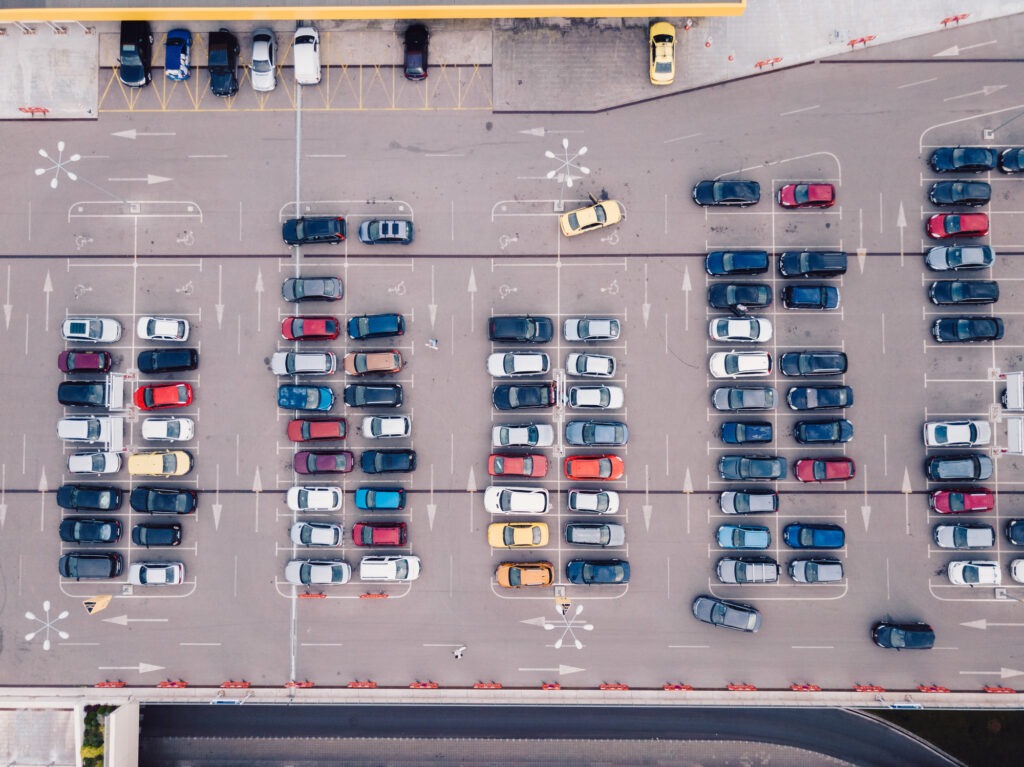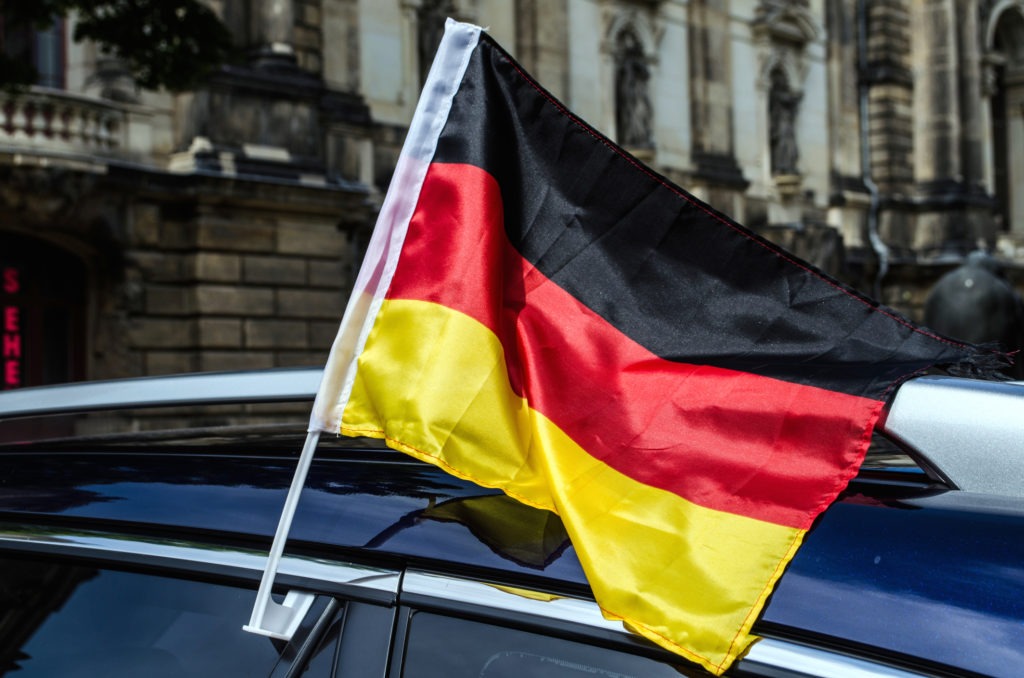European new-car market returns to year-on-year growth but prospects look fragile
21 September 2022

The volume of new-car registrations in the EU grew 4.4% in August, finally putting an end to 13 consecutive months of decline. This also marks a significant improvement on the 10.4% contraction in July.
According to figures released by the European Automobile Manufacturers’ Association (ACEA), 650,000 new cars were registered in the EU last month. Across the wider European region – encompassing the EU, UK, and EFTA markets of Iceland, Norway, and Switzerland – new-car registrations gained 3.4% year on year, nudging 750,000 units.
There were mitigating circumstances in July, including the heatwave that scorched the region. Nevertheless, the healthier performance of the market in August confirms the expected improvement in new-car supply, which has been constrained by pre-existing semiconductor shortages and additional challenges caused by the war in Ukraine and COVID-19 lockdowns in China.
France, Italy, and the UK exceed expectations
All five of Europe’s leading new-car markets expanded year on year in August, with growth ranging from 9.9% in Italy to 1.2% in the UK. The UK exceeded Autovista24’s expectations, along with France and Italy. Spain performed as forecast, but Germany was weaker than anticipated, despite expanding for the first time since February.
There were 71,190 new cars registered in Italy last month, marking the first monthly market expansion since June 2021. The seasonally-adjusted annualised rate (SAAR) achieved a new high since December 2020, at 1.73 million units.
Aside from supply challenges and inflationary pressure, new-car registrations in Italy had been restrained as consumers awaited the reintroduction of purchase incentives, which were reinstated on 25 May. At the beginning of August, the Italian government extended the availability of the subsidies to rental and leasing companies, which were previously excluded.
France’s new-car market enjoyed its first year-on-year growth (up 3.8%) since May 2021. Similarly, the SAAR reached its highest level since June 2021, at 1.77 million units. This was in part a result of the recent extension of existing incentives for electric vehicles (EVs) until 1 January 2023.
Following five consecutive months of year-on-year declines, the UK new-car market marginally expanded in August. There was one more working day than in August 2021, however, and on an adjusted basis, Autovista24 estimates that the volume of registrations fell 3.4%. Nevertheless, this marks an improvement on the adjusted 4.7% downturn in July. Additionally, the SAAR increased to over two million units for the first time since August 2021.
A total of 51,907 new cars were registered in Spain during August, just ahead of Autovista24’s forecast of 51,000 units. The year-on-year growth, of 9.1%, was the first since February, and the SAAR was the highest for any month in 2022, at 878,000 units.
The German new-car market totalled 199,183 units in August. While this represents a year-on-year increase of around 3%, it is not a reason to breathe a sigh of relief. Adjusted for the extra working day in August, new-car registrations were down 1.4%, with the German market performing over 15,000 units below Autovista24 expectations. Furthermore, in contrast to sharp rises in other key European markets, the SAAR only improved slightly, from 2.51 million units in July to 2.52 million in August.
Most of Europe’s smaller new-car markets managed to post growth in August, with Bulgaria, Greece, Ireland, and Portugal expanding by more than 30% year on year. Eight countries endured further year-on-year declines, however, ranging from just 0.4% in Switzerland to 24.7% in Norway.
Weaker European outlook despite market positivity
In the first eight months of 2022, cumulative new-car registrations in the EU were slightly shy of six million units, but this equates to a 11.9% downturn against the low base of comparison in 2021. Moreover, compared to the same period in pre-pandemic 2019, the EU new-car market has shrunk by a third.
Autovista24 assumes that supply bottlenecks will continue to ease throughout the year, but this was already factored into the forecasts, which have been held for France, Italy, and Spain this month. The outlook for Germany has been reduced to 2.49 million units (down 5%) because of both the market’s poor performance in August, and challenging times ahead.
Accordingly, the 2022 forecast for EU new-car registrations has been downgraded to 9.18 million units, equating to a year-on-year contraction of 5.3%.
Expectations are weaker for the UK, where inflation already topped 10% in July. Autovista24 now forecasts a 1.6% year-on-year downturn in the country and the wider European region is expected to register 11.2 million new cars in 2022, equating to a decline of 4.8%.



